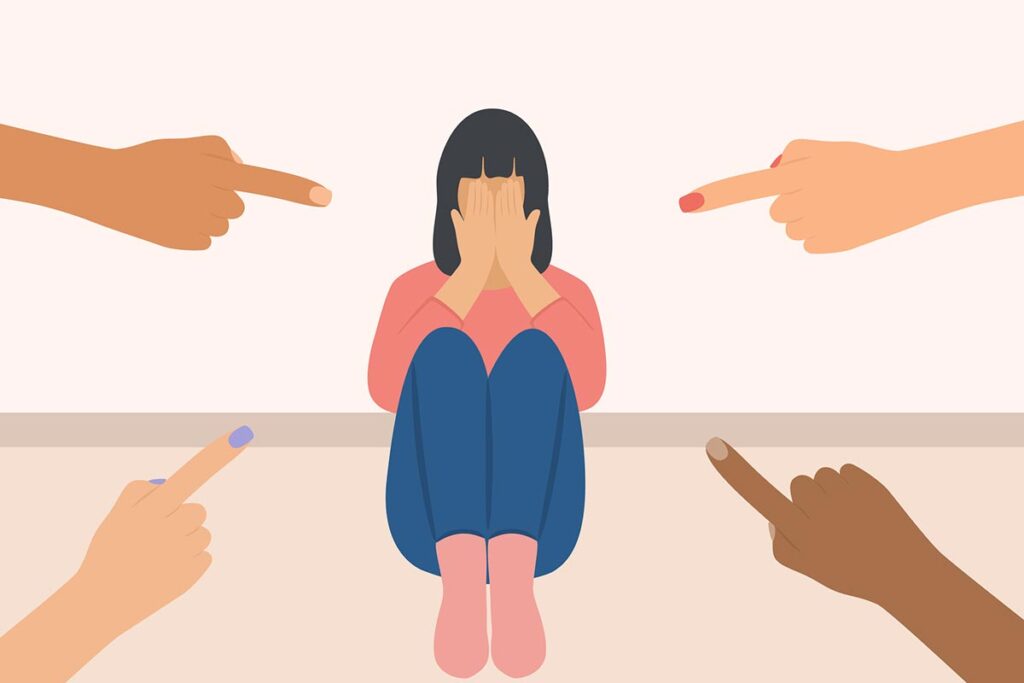As this episode is airing, something historic is happening in the life of my favorite baseball team, the Detroit Tigers. One of the best hitters to ever play for the Tigers, and truly one of the greatest hitters of all time, Miguel Cabrera, is in his final season.
Now, this isn’t a sports podcast, so I won’t go into statistics or analysis about why Cabrera is so great. But safe to say, Cabrera is a hero in our home. When we adopted our cat ten years ago, my boys wanted to name her Miguel Cabrera. (We didn’t, by the way. Her name is Trixie.)
In addition to his talent and hard work, one of the things that makes Cabrera so great is his judgment at the plate. Hitting a baseball is the hardest thing to do in professional sports. You have to see a ball coming at you at nearly 100 miles an hour from 60 feet, 6 inches away, and, basically before the pitch has even left the pitcher’s hand, you have to decide where you think the ball is going to be, how fast it’s moving, whether you’re going to swing, and where you want to try to drive it.

That requires incredible judgment: taking in everything you know about the situation, your own abilities, your own and others’ past experiences, and making a decision about what to do. If you get it right even one out of four times, you’re considered a decent hitter. If you get it right one out of three times, you’re probably a Hall of Famer.
It isn’t just major league hitters who have to exercise good judgment. As humans, in a fraction of a second, or even subconsciously, we constantly have to make judgments: Is the person approaching me a threat, or can I trust them? Is the food I’m about to eat OK, or will it make me sick? Is the situation I’m in making me anxious, or am I alright?
Our minds make judgments all the time, and I presume if you’re listening to this podcast that, like most people, one of your goals is to try to make more good judgments than bad ones!
While I love the English language, there are times when I find it doesn’t serve us so well. One of those times has to do with the word judgment, which is very close to judgmental, which the dictionary defines as “being quick to criticize people.” That’s actually the opposite of good judgment. While we need to be good judges, we don’t want to be judgmental. Good judgment is a virtue; judgmentalism is a character flaw.
But in English, these words are so close that often I find people kind of running away from the idea of judgment at all. “I don’t want to judge,” they’ll say. Or, “Who made you the judge?!” That can sometimes make us feel like judgment itself is something to be avoided. But I think that’s a mistake. In our appropriate desire to be non-judgmental, we can, with our language anyway, overdo it. Our goal should be to be good judges — and in fact, that means precisely not being judgmental!
The Torah portion for this week is called Shoftim, which means “judges.” The name comes from the portion’s opening verse, which instructs the Israelites to appoint judges and officials who will govern justly. “You shall not judge unfairly,” the Torah says. Judges are supposed to be impartial. They’re supposed to see clearly. They’re supposed to be non-judgmental, even as they judge.
This isn’t just something for professional judges to keep in mind, though. It’s for all of us — and a profoundly important one, especially on this journey of renewal towards Rosh Hashanah which, not coincidentally, is also called Yom HaDin, or the day of judgment.
We’ve been building up to this for the last couple of weeks. Two weeks ago we talked about listening more clearly to our own inner voices. Last week’s episode was about seeing more clearly, and with a slight tendency towards an ayin tovah, or charitable eye. Now we bring these practices together: Our goal is to practice good judgment — but also, to let go of judgmentalism.

There’s an acronym that many people like to use when practicing mindfulness, that I think we should try out before today’s practice. It’s called RAIN: R for recognize, A for accept, I for investigate, and N for non-identify. The goal of this practice is to give us more time between the pitch and our swing, to create some space between our emotions and our judgment, to give us a little more time to mindfully respond.
A note here: Sometimes during our practices, negative emotions can come up. And sometimes they can be powerful. If you feel overwhelmed by the difficult emotion you’re working with during any of the four stages, you can always go back to one of the prior stages and start again or go back to your breath as a kind of home base.
Okay, let’s begin.
Gently close or lower your eyes. Take a good deep breath. Settle into a posture that, like Jacob’s ladder, is firmly planted and simultaneously reaching toward heaven.
Set a kavannah — an intention — to mindfully turn toward difficult emotions rather than recoiling from them.
Now, let’s spend a moment anchoring our attention to the breath. Note the freshness of the breath as it arises anew from moment to moment. When the mind pulls your attention away, gently return your attention to the breath. This will help you become more attentive to the body, which will be important for our practice of working with difficult emotions.
When you feel somewhat settled and relaxed, move toward the dark cloud: call to mind an experience you’ve had with a difficult emotion such as anger, indignation, anxiety, lust, greed, sadness, or something else. It doesn’t have to be the most intense difficult emotion. It could be a smallish irritant. Try to really imagine yourself in the situation that elicited your feelings.
The first step is R: to recognize the emotion. Is it anger, hatred, jealousy, lust, greed, anxiety, sadness, or something else? Simply say to yourself, “Ah, yes, this is anger, etc.” Spend some time recognizing the difficult emotion.
Next, practice acceptance, the A. This is where the non-judgmentalism really kicks in. Note if there is any resistance to the emotion, strong or subtle. Are you in a judgmental or adversarial relationship with the emotion? You might even be beating yourself up a little bit for feeling negatively. How does that resistance exacerbate the intensity of your suffering? Can you accept your resistance?
What happens if you soften your whole body, relaxing your attention into the difficult emotion with a sense of balanced acceptance: “Ah, yes, this is anger. This is really what’s going on right now. I don’t like it. But it’s OK.” Apply that practice of acceptance for the next minute. Maybe pause this podcast, if you want a little more time.
Now we investigate the emotion, the I. How do you know you’re feeling anger or some other emotions? What’s happening in your body that clues you into what you’re feeling? Where in your body do you feel the emotion? What sensations accompany it? Are those sensations pleasant, unpleasant, or neutral?
And it’s not just confined to body. What thoughts or stories bubble up in the mind along with the sensations in the body? Is any of this permanent? Spend the next minute finding out — and again, pause if need be. There’s no rush.
Now we practice the last piece, N: non-identification. If you focus your attention on these sensations and thoughts, are they permanent or impermanent? Are they “you” or “yours,” or is it more accurate to say that they are moving through you like a river of sensation and energy? Do you find yourself saying, “I’m angry” or “I’m sad” or “I’m scared”? Can you shift your orientation to saying “anger is present” or “sadness is present” or “fear is arising?” How does doing so shift your relationship with sensations and thoughts? Take the next minute and practice non-identification.
Close your meditation by bringing your attention back to the breath, gently open your eyes and return your awareness to the room.
What did you find during that practice? Was it helpful? Did it help you to step out of judgmental ways of thinking? Maybe it did, maybe it didn’t. I’d encourage you not to stop here, maybe try it out a few more times this week and see if it’s helpful. And let us know how it goes.
Blessings for the journey. I hope you’ll join us next time.

